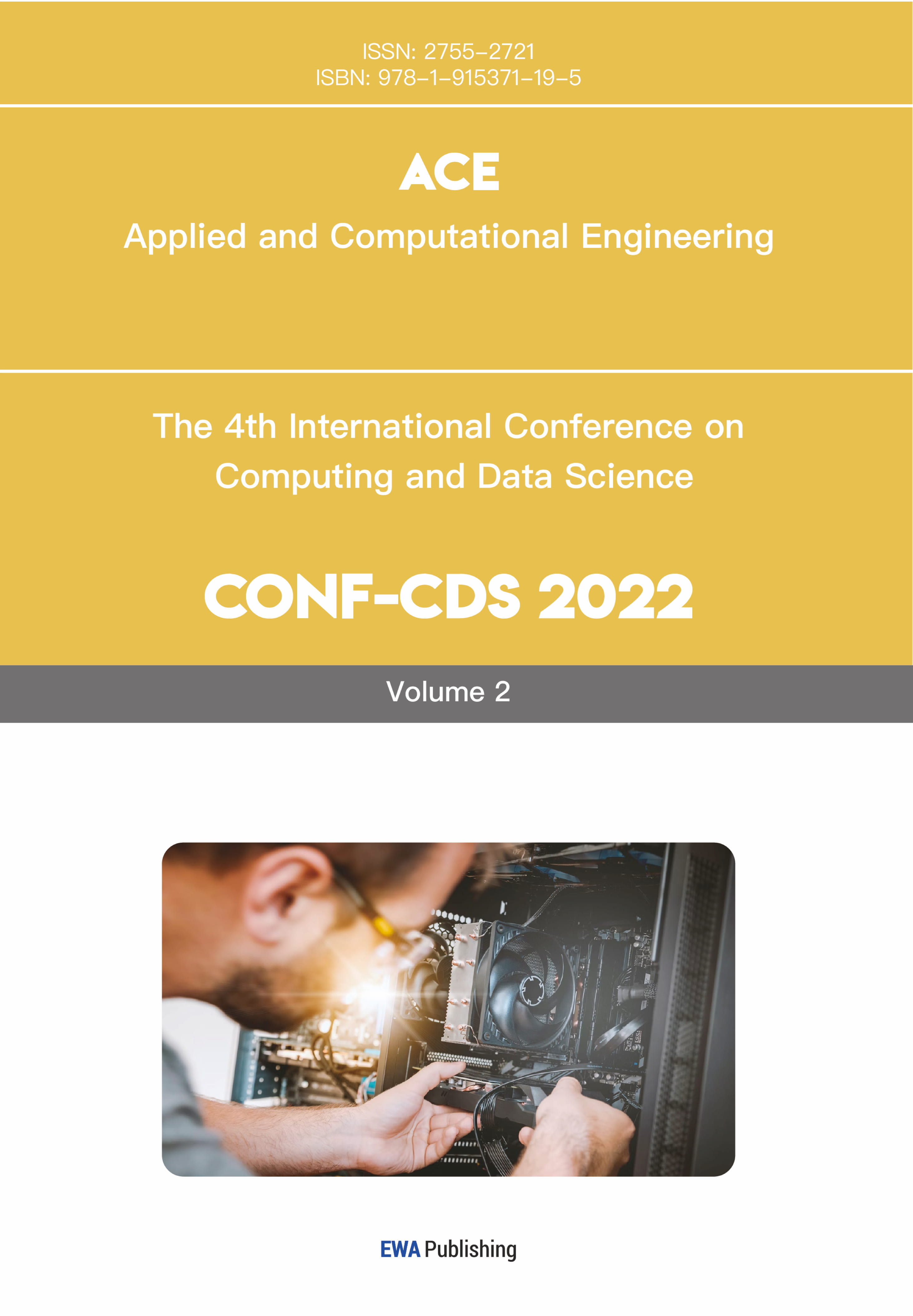References
[1]. Jeon J, Lim T, D KB, Seok. Effect of Online Word of Mouth on Product Sales: Focusing on Communication-Channel Characteristics. Asia Marketing Journal, Vol. 21: Iss. 2, Article 4, 2019 Jan. https: //doi.org/10.15830/amj.2019.21.2.73
[2]. Zhao WX, Jiang J, Weng J, He J, Lim EP, Yan HF, Li XM. Comparing Twitter and Traditional Media Using Topic Models. SPRINGER NATURE, Vol. 6611, pp. 338-349, ECIR 2011. https: //doi.org/10.1007/978-3-642-20161-5_34.
[3]. Yadav AK, Gupta T, Kumar M, Yadav D. A Hybrid Model Integrating LDA, BERT, and Clustering for Enhanced Topic Modeling. SPRINGER NATURE, Vol. 59, pp.2381-2408, 2025 Feb. https: //doi.org/10.1007/s11135-025-02077-y.
[4]. Wu ZZ, He QF, Li JR, Bi GQ, Antwi-Afari MF. Public attitudes and sentiments towards new energy vehicles in China: A text mining approach. ScienceDirect, Vol 178, 2023 May. https: //doi.org/10.1016/j.rser.2023.113242.
[5]. Wu Z. Recognition and Prediction of Positive and Negative Opinions of Car Companies. Hans Publishers, Vol. 11, pp.121-132, 2021 Jan. https: //doi.org/10.12677/CSA.2021.111014.
[6]. Venugopalan M, Gupta D. An enhanced guided LDA model augmented with BERT based semantic strength for aspect term extraction in sentiment analysis. ScienceDirect. Vol. 246, 2022 Jun. https: //doi.org/10.1016/j.knosys.2022.108668.
[7]. Ma XF, Xu P, Wang ZG, Nallapati R, Xiang B. Domain Adaptation with BERT-based Domain Classification and Data Selection. ACL Anthology, Vol. Proceedings of the 2nd Workshop on Deep Learning Approaches for Low-Resource NLP (DeepLo 2019), pp.76-83, 2019 Nov. DOI: 10.18653/v1/D19-6109.



